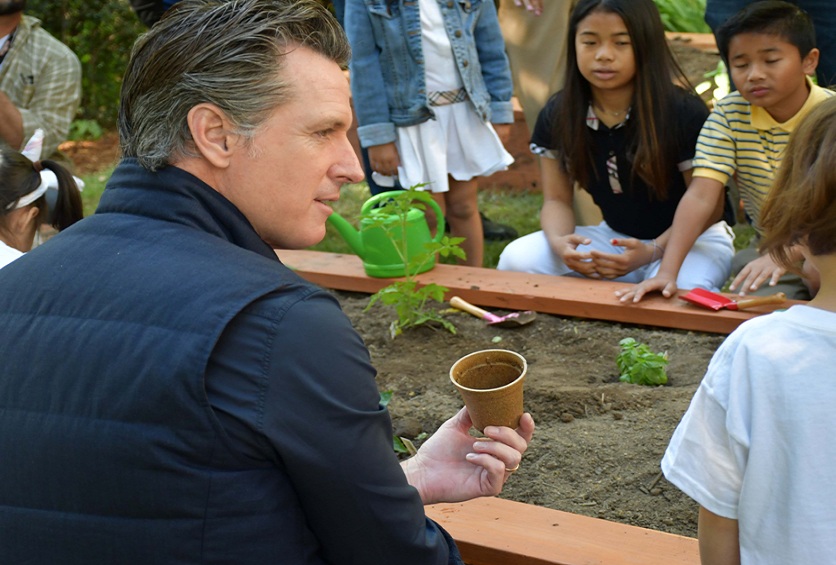In the realm of agriculture, an emerging beacon of hope shines brightly: regenerative agriculture. As the world grapples with environmental challenges and seeks sustainable solutions, this innovative approach to farming holds the promise of not just feeding the planet but healing it. Enter the doors of a pioneering regenerative agriculture school, and discover a transformative journey toward a more resilient and ecologically conscious future.
Understanding Regenerative Agriculture
At its core, regenerative agriculture embodies a holistic philosophy that goes beyond conventional farming practices. It focuses on nurturing the land, enhancing biodiversity, and rebuilding soil health while ensuring food productivity. Unlike traditional methods that often deplete natural resources, regenerative techniques aim to regenerate the very ecosystem they rely on.
The Curriculum: What to Expect
Enrolling in a regenerative agriculture school introduces you to a curriculum designed to equip you with a profound understanding of these innovative techniques. The coursework covers a spectrum of subjects, ranging from soil biology and carbon sequestration to water management and permaculture principles.
Through hands-on experiences and theoretical teachings at the school for regenerative agriculture, students delve into the intricacies of regenerative practices. They learn about cover cropping, rotational grazing, agroforestry, and other regenerative techniques that rejuvenate the soil and promote a symbiotic relationship between crops and the environment.
The Role of Technology
While rooted in traditional wisdom, regenerative agriculture isn’t averse to technological advancements. In fact, it harnesses cutting-edge innovations to optimize farming practices. From precision agriculture tools that aid in efficient resource utilization to drones and sensors that monitor soil health, technology complements the ethos of regenerative farming, ensuring its scalability and effectiveness.
A Shift in Mindset
Beyond the technical aspects, a regenerative agriculture school instills a profound shift in mindset. It encourages students to view the land as a living ecosystem rather than a commodity. This mindset shift fosters a deep sense of stewardship, where farmers become custodians of the land, working in harmony with nature rather than against it.
Meeting Global Challenges
The significance of regenerative agriculture extends beyond sustainable food production. It addresses critical global challenges such as climate change, biodiversity loss, and soil degradation. By sequestering carbon in the soil, enhancing biodiversity, and mitigating erosion, regenerative practices emerge as a potent solution to combat these pressing issues.
The Ripple Effect
One of the most compelling aspects of studying regenerative agriculture is its ripple effect. Graduates of a regenerative agriculture school don’t just acquire knowledge; they become catalysts for change. Armed with a deep understanding of sustainable farming practices, they return to their communities as ambassadors of change, spreading awareness and implementing regenerative techniques on a broader scale.
Building a Regenerative Future
As we stand at the cusp of a pivotal moment in history, the future of farming hinges on embracing regenerative techniques. By enrolling in a regenerative agriculture school, individuals not only invest in their own education but also contribute to a collective movement toward a regenerative future—one where agriculture thrives in harmony with nature.
Conclusion
The journey through a regenerative agriculture school isn’t just about learning innovative farming techniques; it’s a transformative experience that reshapes perspectives and cultivates a deep reverence for the planet. It’s an invitation to be part of a global community dedicated to nurturing the Earth and securing a sustainable future for generations to come. Embrace the future of farming by immersing yourself in the principles of regenerative agriculture—it’s not just a school course; it’s a revolution in the making. At the regenerative agriculture school, students also explore the significance of biodiversity conservation and how integrating diverse crops and natural habitats within farming landscapes fosters resilience and ecological balance.









